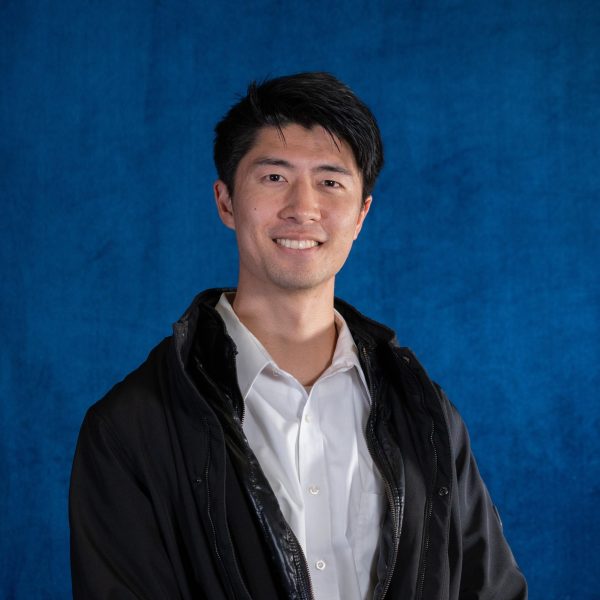In a breakthrough study published on Jan. 18, researchers at UC San Diego School of Medicine trained an artificial intelligence model to predict how specific tumors react to chemotherapy, opening doors to improved and personalized cancer treatments.
Cancer treatment outcomes can vary widely due to differences in drug sensitivity, and resistance across tumors. The study, led by department of medicine professor Trey Ideker, utilized AI to better understand different biomedical response mechanisms.
To understand the effects of genetic differences in medical treatment, the study used a machine learning methodology — namely, a “visible” neural network model — to predict biomedical outcomes. The paper claims that an advantage of a VNN model is that it can not only predict outcomes from sparse datasets but also allow for model interpretation, unlike conventional “black-box” research methods, which do not offer any data interpretation.
In the study, the model focused on a set of 718 genes and was trained using drug response data on tumor cell lines available across two databases. After training, the model identified 41 key protein assemblies that were important in predicting cellular responses to treatment.
With this training, the model was put to the test by looking at current treatments with cisplatin — a chemotherapy drug that is commonly used across patients with cervical and lung tumors.
Despite observing the benefits of cisplatin across treated and untreated patients, the study notes that approximately 35% of cervical and lung tumors in patients continue to progress after treatment.
The AI model was able to predict patients who were sensitive or resistant to cisplatin treatment, and saw significantly better survival outcomes in the former group. Additionally, the model was able to pinpoint the protein assemblies that were responsible for resistance in cervical cancer treatment, providing a promising result for cisplatin patients.
When compared to previous machine-learning drug response models, Ideker claims that the strength of this AI model is its accurate drug-specific predictions.
“The model not only predicts whether a patient will respond to a drug, but can give rationale to defend its predictions,” Ideker commented. “Most models only make predictions, but they are difficult to interpret or understand.”
As for the next steps, Ideker and his team are looking for upcoming regulatory approvals for the model, including clinical trials at UCSD Health and other hospitals.
Ideker believes that AI plays a “very high” significance in medicine, and has hopeful expectations for the integration of AI within future healthcare.
“Ultimately, the goal is to have an AI that serves as a virtual expert on a panel of doctors who consult with one another and reach consensus on the best therapy for a patient,” Ideker said to The UCSD Guardian. “And this is our best work yet.”
Coauthors of the study are Xiaoyu Zhao, Akshat Singhal, Sungjoon Park, JungHo Kong, and Robin Bachelder, all of whom study at UCSD.










